Schizophrenia
-

Potential schizophrenia treatment, discovered at Vanderbilt and being developed by Neumora Therapeutics, entering Phase 1 clinical trial
In just over two years, a Vanderbilt-Neumora collaboration has led to the Phase 1 clinical trial of a treatment for schizophrenia spectrum disorders, which affect 3.7 million adults in the United States. This is the third chemical compound discovered at the Warren Center for Neuroscience Drug Discovery to reach Phase 1 clinical trials. Read MoreDec 4, 2023
-

Brain circuits in schizophrenia
Vanderbilt psychiatrists are probing brain circuit hyperactivity implicated in schizophrenia, with the idea that normalizing the hyperactivity may improve cognitive processes. Read MoreSep 20, 2021
-
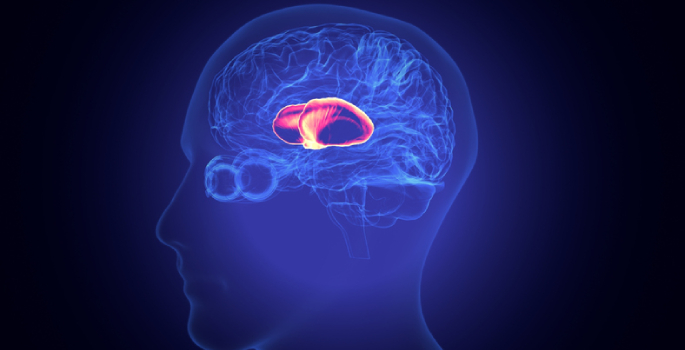
Pinpointing brain changes in psychosis
Specific regions of the thalamus — a central brain region — are smaller in adults with psychotic disorders and youth at risk for psychotic disorders and are associated with cognitive impairment. Read MoreOct 1, 2020
-

A connection to schizophrenia
The insula, a small region of the brain involved in diverse brain functions had widespread dysconnectivity in schizophrenia, Vanderbilt researchers found. Read MoreJun 23, 2020
-

Relational memory in early psychosis
Studies of relational memory function may reveal novel mechanisms for therapeutic intervention for patients in the early stages of psychosis. Read MoreSep 10, 2019
-
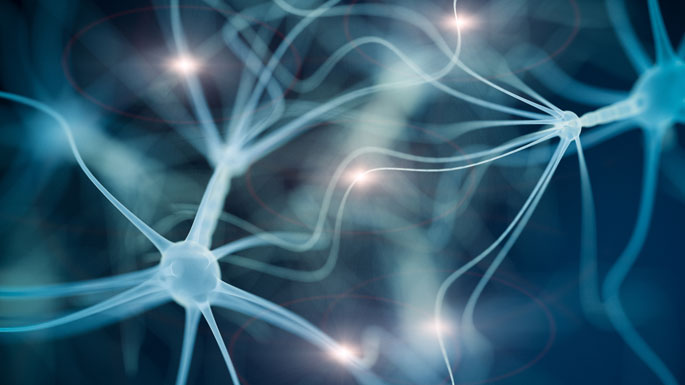
Working memory in psychotic disorders
Functional MRI studies have revealed that targeting activation of certain brain regions may improve working memory and cognition in psychotic disorders. Read MoreJul 11, 2019
-

Early detection of schizophrenia
Inhibited temperament—a tendency to respond to novelty with wariness, fear or caution—may be a risk factor for schizophrenia that could be targeted for preventative interventions. Read MoreJun 24, 2019
-
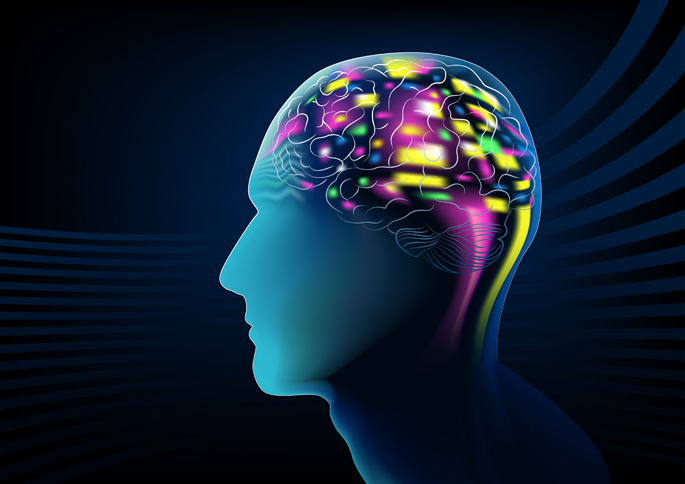
Team finds how error and reward signals are organized within cerebral cortex
Psychiatrists diagnose people with schizophrenia, ADHD, bipolar disorder and other mental illnesses by spending time with them, looking for the particular behavior symptoms of each. What follows can be a hit-or-miss series of medications and dosages until disruptive behaviors go away. By deciphering the circuitry of the medial frontal cortex… Read MoreJan 14, 2019
-
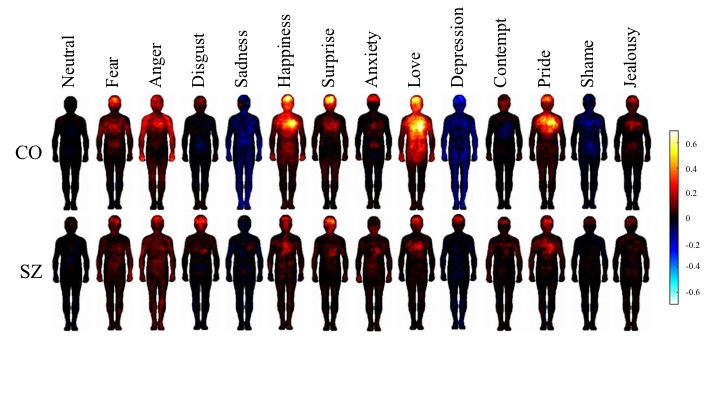
People with schizophrenia experience emotion differently from others, ‘body maps’ show
Vanderbilt University researchers are working to understand how people with schizophrenia experience emotion through their bodies. Read MoreDec 21, 2018
-

Shared genetics may shape treatment options for certain brain disorders
Symptoms of schizophrenia and bipolar disorder, including psychosis, depression and manic behavior, have both shared and distinguishing genetic factors, an international consortium led by researchers from Vanderbilt University and Virginia Commonwealth University is reporting. Read MoreJun 14, 2018
-

Brain connections in schizophrenia
Brain imaging studies have implicated the connection between two brain regions in the pathophysiology of schizophrenia. Read MoreMar 9, 2018
-
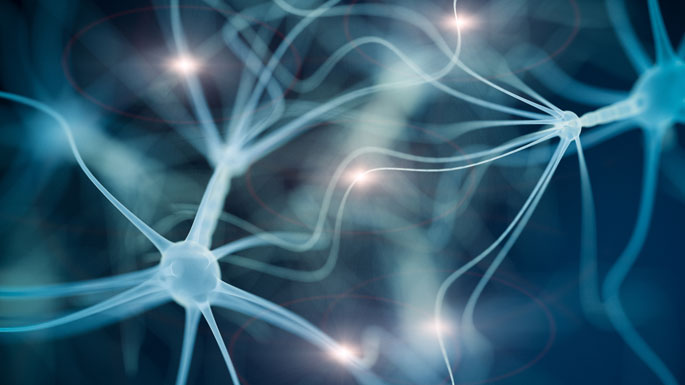
Vanderbilt signs licensing, research agreements to develop new approach to schizophrenia treatment
Under the terms of the licensing agreement, Lundbeck has exclusively licensed rights to compounds developed at Vanderbilt that act on a receptor in the brain that has been implicated in schizophrenia. Read MoreJan 8, 2018
-

Investigational new drug for Alzheimer’s scheduled for first study in humans
Vanderbilt University scientists have received notification from the U.S. Food and Drug Administration that testing in humans may proceed for an investigational new drug for Alzheimer's disease after more than 10 years of research by scientists at Vanderbilt University and Vanderbilt University Medical Center. Read MoreDec 27, 2016
-

Researchers eye potential schizophrenia ‘switch’
Researchers at Vanderbilt University Medical Center have discovered a key mechanism that explains how compounds they’re developing can suppress schizophrenia-like symptoms without side effects in mice. Read MoreSep 15, 2016
-

Foundation’s support speeds search for new schizophrenia drugs at Vanderbilt
Research in the Vanderbilt Center for Neuroscience Drug Discovery (VCNDD) aimed at developing innovative new treatments for schizophrenia just received a powerful assist from The William K. Warren Foundation. Read MoreAug 15, 2016
-

Putting schizophrenia to bed
A new compound developed at Vanderbilt treats multiple symptoms of schizophrenia in an animal model, without causing sedation. Read MoreMar 21, 2016
-

Brain circuitry in psychosis
Functional magnetic resonance imaging has revealed faulty circuits between the thalamus – a central hub of brain activity – and other brain regions. Read MoreAug 21, 2015
-

Signals of schizophrenia
Vanderbilt researchers have discovered a possible molecular mechanism of schizophrenia that could lead to new treatments for the disorder. Read MoreJul 9, 2015
-
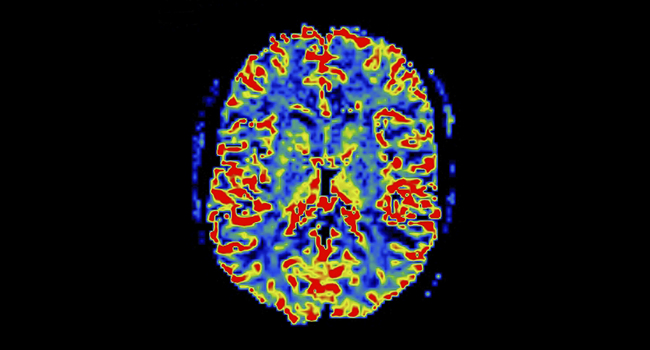
A view of brain function in disease
Vanderbilt investigators report the first use of a specialized type of MRI to study the hippocampus in patients with schizophrenia. Read MoreJun 16, 2015
-
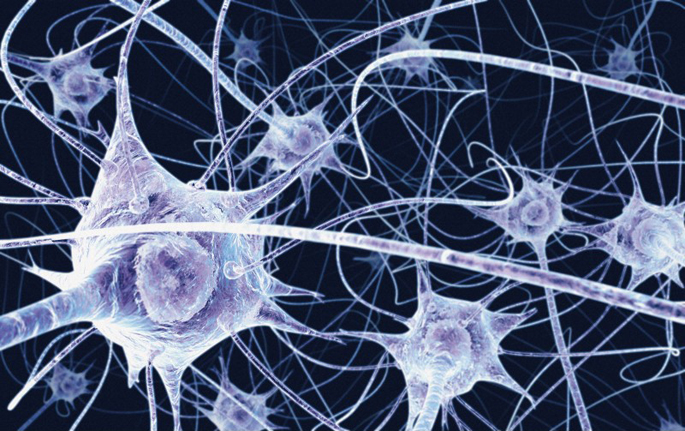
Findings reveal new target in quest to ease schizophrenia
Vanderbilt University researchers have uncovered a surprising finding that could lead to the development of new, more effective therapies for schizophrenia, which affects more than 2 million Americans. Read MoreMay 7, 2015